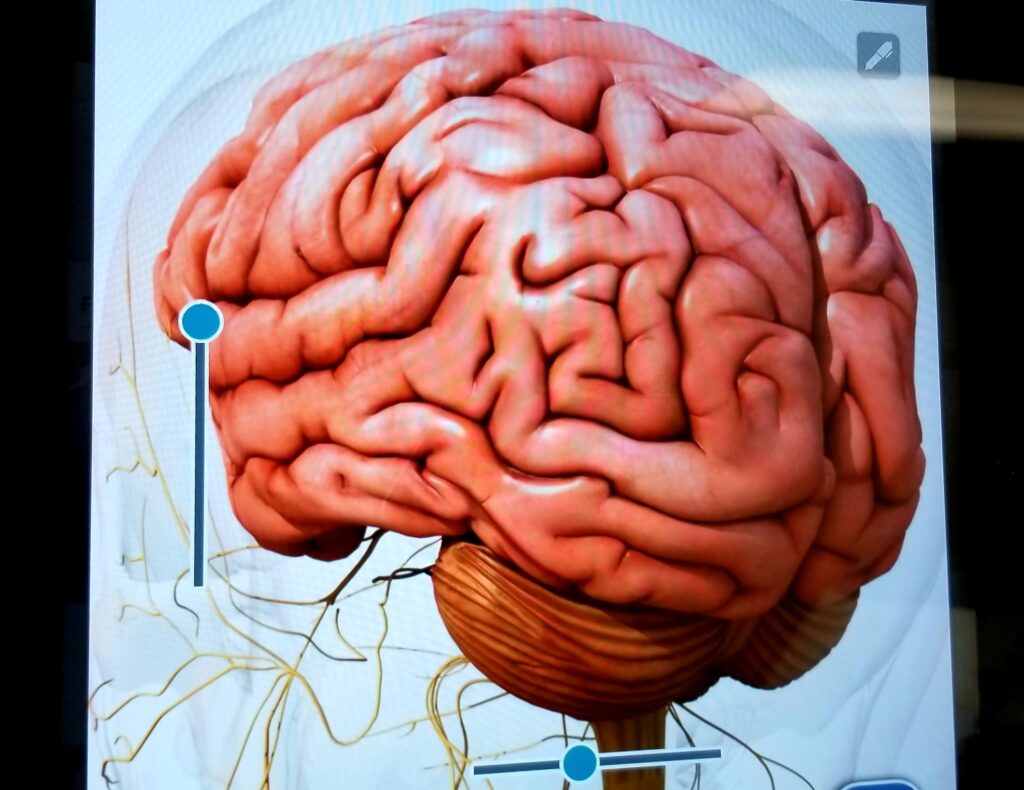Neuropathic pain is essentially a symptom that occurs in various pathological conditions. It is the pain that occurs as a consequence of a damage or disease of the nerves of the body or the central nervous system (that is, the brain or the spinal cord).
There are many pathological conditions that can cause this type of pain:
- pressure on nerve roots in the upper or lower extremities from herniated discs in the spine
- carpal tunnel syndrome,
- herpes virus infections (almost in 100% of patients);
- AIDS
- diabetes mellitus when present for many years,
- alcoholism,
- lupus erythematosus,
- chronic inflammatory diseases of the nerves,
- amyloidosis,
- paraproteinemias,
- Lyme disease,
- syphilis,
- leprosy,
- cancer can manifest itself with this type of pain, after chemotherapy with specific substances of central etiology
- neuropathic pain can occur after a stroke in a specific area of the brain, the thalamus - this pain will occur in the corresponding upper and/or lower limb of the patient.
SYMPTOMS
Symptoms are usually pain along with numbness or tingling in the area where the nerve has been damaged, a sensation as if current is passing through, or as if the area is burning - the sensation of nettles, excessive sensitivity in the area (eg bothering even the sheet), reduced perception of sensation. It may also be unpleasant to simply touch or caress the area - this phenomenon is called allodynia. The pain is quite persistent and clearly causes a deterioration in the patients' quality of life.
DIAGNOSIS
The diagnosis is made by experienced doctors who deal with pain, mainly neurologists, anesthesiologists or neurosurgeons. In addition to specialized laboratory blood tests, which may be needed in some cases, the neurologist may need to perform a neurophysiological test. With the neurophysiological test, the neurologist can measure the response of the nerves to a stimulus (time, height and speed of response) and understand what state the nerves are in.
THERAPY
Treatment of neuropathic pain is quite difficult. It requires patience and trust in the treating physician as it is a chronic condition that the brain has become accustomed to and will take effort and time to modify. In addition to medication, it would be ideal if psychological support could be offered to this chronically ill patient.
The drugs used in neuropathic pain are:
Antidepressants: such as tricyclic antidepressants (effective but with side effects), paroxetine, duloxetine
Anticonvulsants: such as gabapentin, pregabalin, carbamazepine, oxcarbamazepine and lamotrigine
Analgesics: such as the opioid pain reliever tramadol
Local analgesics: such as capsaicin sticker 8%
The combination of the above drugs is common.
In particular I would like to focus on topical treatment with the capsaicin micro-reservoir self-adhesive skin patch 8% wt. It is a treatment in which the certified doctor applies a sticker for 1 hour to the area where the pain is (after anesthetizing it for an hour with another cream) and then the patient goes home. The rates of pain reduction are high and the effect of the sticker lasts 3-4 months. Because the drug does not enter the bloodstream, there are no side effects from the body.

















